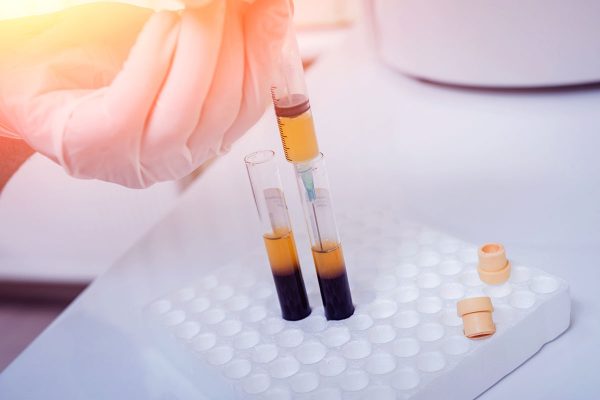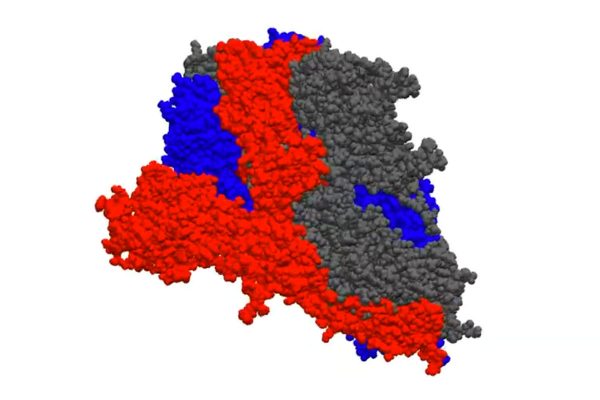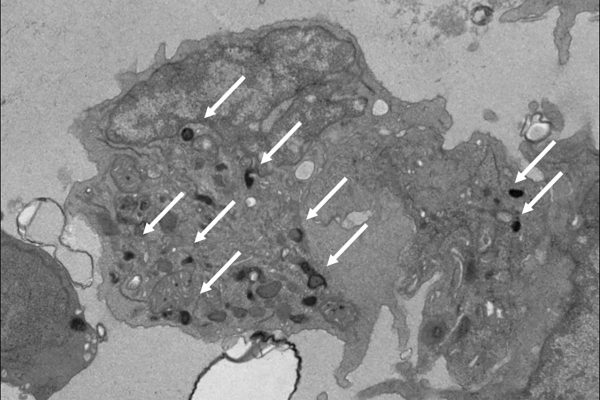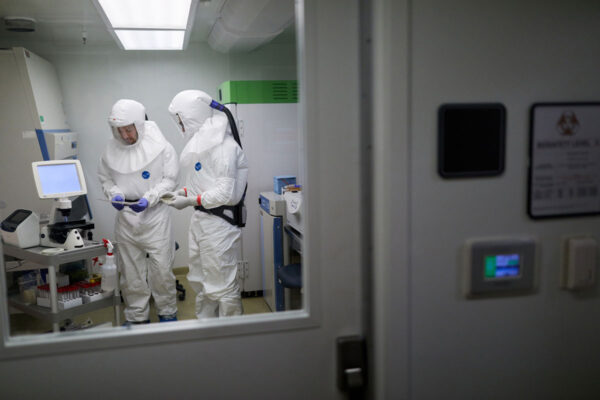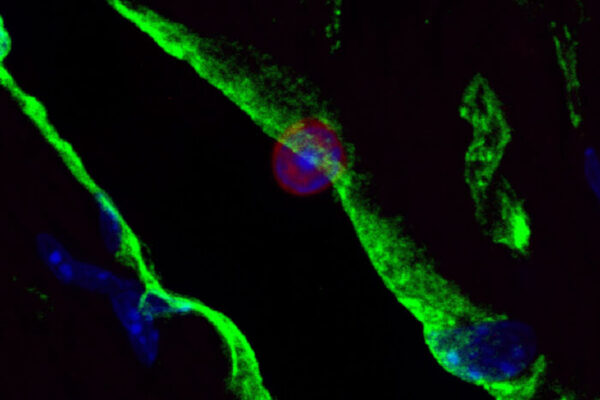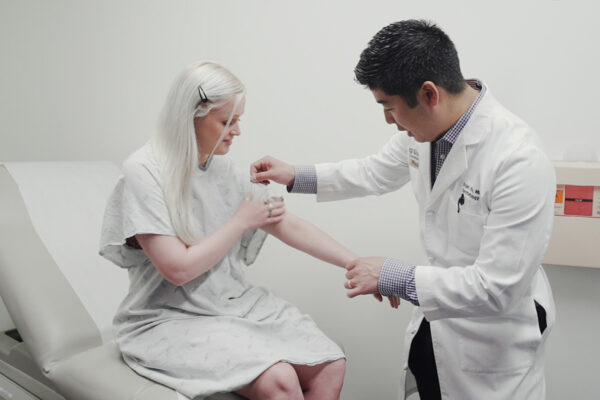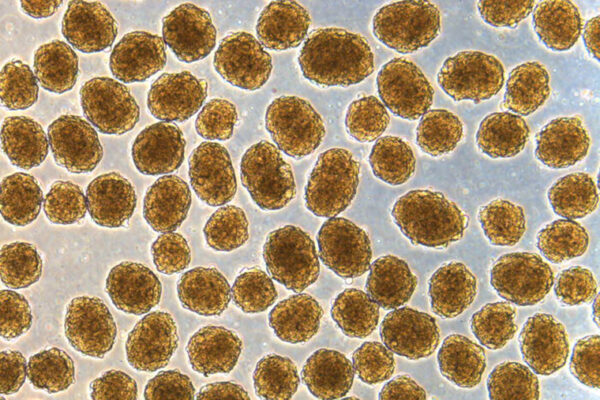Clinical trial launches to evaluate antimalarial drugs for COVID-19 treatment
Washington University School of Medicine is launching a clinical trial for patients hospitalized with COVID-19 at Barnes-Jewish Hospital. The study will investigate whether two different antimalarial drugs, including hydroxychloroquine, alone or in combination with a common antibiotic is effective in treating COVID-19 patients.
Lifestyle trumps geography in determining makeup of gut microbiome
Researchers from Washington University in St. Louis studied the gut microbiomes of wild apes in the Republic of Congo, of captive apes in zoos in the U.S., and of people from around the world and discovered that lifestyle is more important than geography or even species in determining the makeup of the gut microbiome.
Possible COVID-19 treatment: transfusion of antibodies from recovered patients’ blood
Researchers at Washington University School of Medicine in St. Louis and elsewhere are investigating whether transfusions of blood plasma from people who have recovered from COVID-19 can prevent or treat the disease. The approach was used with some success during the 1918 influenza pandemic.
Crowdsourced supercomputing project sets sights on coronavirus
Among the research programs racing to develop therapies and vaccines for the new pandemic virus COVID-19 is one of the largest crowdsourced supercomputing projects in the world. Led by computational biophysicist Greg Bowman, at Washington University School of Medicine, the project is called Folding@home.
Immunotherapy using ‘young cells’ offers promising option against cancer
Nautral killer (NK) cells may be more effective as immunotherapy for cancer treatment than adult NK cells that come from bone marrow, according to a new study from the School of Medicine.
Breast milk may help prevent sepsis in preemies
Researchers at Washington University School of Medicine and Mayo Clinic in Rochester, Minn., have found — in newborn mice — that a component of breast milk may help protect premature babies from developing life-threatening sepsis.
School of Medicine physicians, researchers tackle coronavirus
Soon after a novel coronavirus first appeared, School of Medicine researchers, doctors and staff began preparing for a possible outbreak. Infectious disease physicians started planning how to respond, and researchers got to work finding drugs or vaccines for COVID-19.
Immune cells play surprising role in heart, mouse study suggests
A mouse study from Washington University School of Medicine in St. Louis suggests a type of immune cell may play a surprising role in the structure and rhythm of the heart.
Revving up immune system may help treat eczema
A drug strategy aimed at revving up the immune system and boosting a type of immune cell known as natural killer cells appears, at least in mice, to effectively treat the skin condition eczema. A team led by the School of Medicine’s Brian S. Kim, MD, is behind the strategy.
Diabetes in mice cured rapidly using human stem cell strategy
Jeffrey R. Millman and his team at the Washington University School of Medicine produced human insulin-secreting beta cells from stem cells using a new efficient technique. The cells were able to rapidly cure diabetes in mice for at least nine months.
Older Stories


